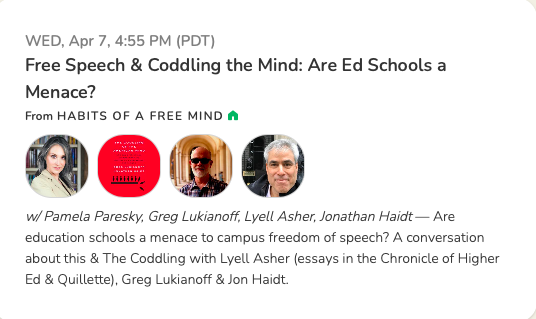
Seeing some positive signs of shifts in the broader cultural conversation about higher ed today. A big one is a long story on community college students in Tennessee focused on how they've been harmed by the pandemic. nytimes.com/2021/04/02/us/…
It has been a genuinely rare thing for the Times to write about higher ed outside of the rarefied air of so-called "elite" campuses, and they've done it twice in three days. This story covered @hope4college's new report on #RealCollege challenges. nytimes.com/2021/03/30/wor…
Still there's more! A good write-up on a new @EdTrust report on how to steer state funding towards equity metrics so all students have access to sufficient resources. insidehighered.com/news/2021/04/0…
• • •
Missing some Tweet in this thread? You can try to
force a refresh






